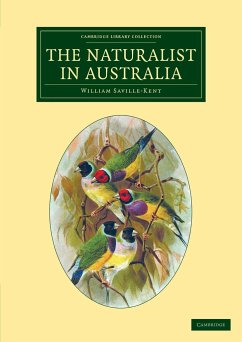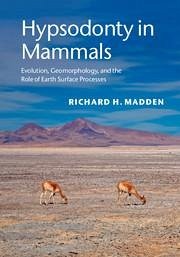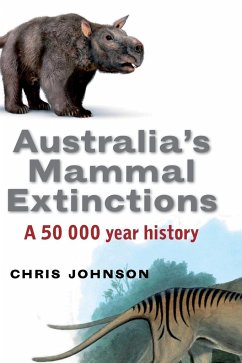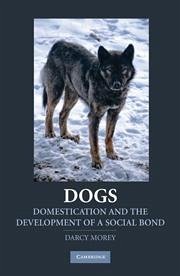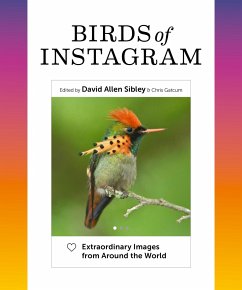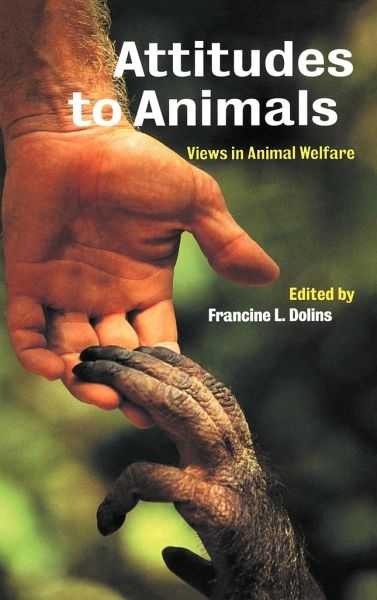
Attitudes to Animals

PAYBACK Punkte
54 °P sammeln!
This thought-provoking book will ask what it is to be human, what to be animal, and what are the natures of the relationships between them. This is accomplished with philosophical and ethical discussions, scientific evidence and dynamic theoretical approaches. Attitudes to Animals will also encourage us to think not only of our relationships to non-human animals, but also of those to other, human, animals. This book provides a foundation that the reader can use to make ethical choices about animals. It will challenge readers to question their current views, attitudes and perspectives on animal...
This thought-provoking book will ask what it is to be human, what to be animal, and what are the natures of the relationships between them. This is accomplished with philosophical and ethical discussions, scientific evidence and dynamic theoretical approaches. Attitudes to Animals will also encourage us to think not only of our relationships to non-human animals, but also of those to other, human, animals. This book provides a foundation that the reader can use to make ethical choices about animals. It will challenge readers to question their current views, attitudes and perspectives on animals, nature and development of the human-animal relationship. Human perspectives on the human-animal relationships reflect what we have learned, together with spoken and unspoken attitudes and assumptions, from our families, societies, media, education and employment.
Table of contents:
Part I. Attitudes to Animals: 1. A look back in the mirror: perspectives on animals and ethics Francine Dolins; 2. Me and my totem: cross-cultural attitudes towards animals Phyllis Passariello; 3. Sheep in wolves' clothing? Attitudes to animals among farmers and scientists James Serpell; Part II. Animal Awareness: 4. Environmental enrichment and impoverishment: neurophysiological effects Susan D. Healy, and Martin J. Tovée; 5. The problem of animal subjectivity and its consequences for the scientific measurement of animal suffering Francoise Wemelsfelder; 6. Personality and the happiness of the chimpanzee James E. King; 7. Primate cognition: evidence for the ethical treatment of primates Richard W. Byrne; Part III. Animal Welfare: 8. Animal welfare: the concept and the issues Donald M. Broom; 9. New perspectives on the design and management of captive animal environments David Shepherdson; 10. The behavioural requirements of farm animals for psychological well-being and survival Robert J. Young; Part IV. Research and Education: 11. Humane education: the role of animal-based learning Andrew J. Petto, and Karla D. Russell; 12. 'Minding animals': the role of animals in children's mental development M. Patricia Hindley; 13. Alternatives to using animals in education David Dewhurst; 14. Animals in scientific education and a reverence for life Henk Verhoog; Part V. The Future of Animals: 15. Human sentiment and the future of wildlife David E. Cooper; 16. In the absence of animals: power and impotence in our dealings with endangered animals Charles Bergman; Index.
This book provides a foundation which the reader can use to make ethical choices about animals. It challenges readers to question their current views, attitudes and perspectives on animals and nature, and the development of the human-animal relationship. It asks what it is to be human, what to be animal, and what is the relationship between them.
Investigates differing attitudes to animals in science and society.
Table of contents:
Part I. Attitudes to Animals: 1. A look back in the mirror: perspectives on animals and ethics Francine Dolins; 2. Me and my totem: cross-cultural attitudes towards animals Phyllis Passariello; 3. Sheep in wolves' clothing? Attitudes to animals among farmers and scientists James Serpell; Part II. Animal Awareness: 4. Environmental enrichment and impoverishment: neurophysiological effects Susan D. Healy, and Martin J. Tovée; 5. The problem of animal subjectivity and its consequences for the scientific measurement of animal suffering Francoise Wemelsfelder; 6. Personality and the happiness of the chimpanzee James E. King; 7. Primate cognition: evidence for the ethical treatment of primates Richard W. Byrne; Part III. Animal Welfare: 8. Animal welfare: the concept and the issues Donald M. Broom; 9. New perspectives on the design and management of captive animal environments David Shepherdson; 10. The behavioural requirements of farm animals for psychological well-being and survival Robert J. Young; Part IV. Research and Education: 11. Humane education: the role of animal-based learning Andrew J. Petto, and Karla D. Russell; 12. 'Minding animals': the role of animals in children's mental development M. Patricia Hindley; 13. Alternatives to using animals in education David Dewhurst; 14. Animals in scientific education and a reverence for life Henk Verhoog; Part V. The Future of Animals: 15. Human sentiment and the future of wildlife David E. Cooper; 16. In the absence of animals: power and impotence in our dealings with endangered animals Charles Bergman; Index.
This book provides a foundation which the reader can use to make ethical choices about animals. It challenges readers to question their current views, attitudes and perspectives on animals and nature, and the development of the human-animal relationship. It asks what it is to be human, what to be animal, and what is the relationship between them.
Investigates differing attitudes to animals in science and society.






